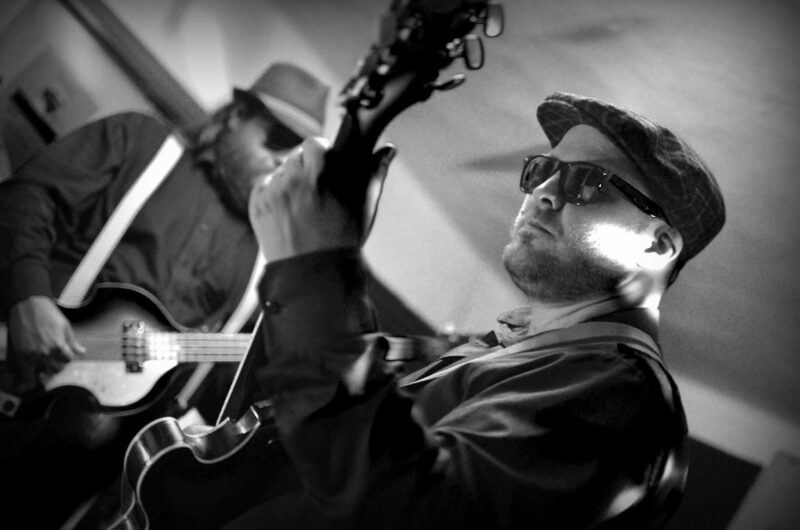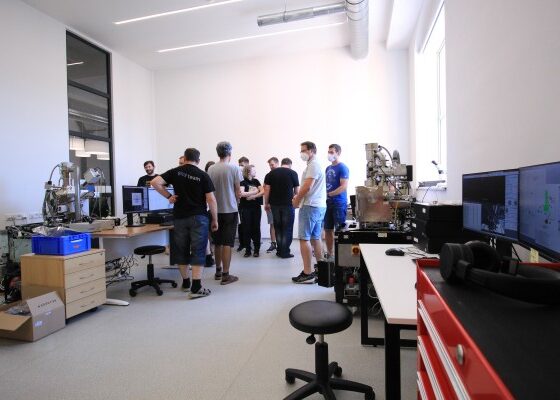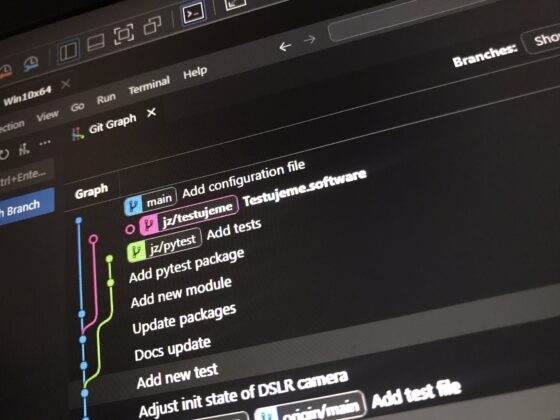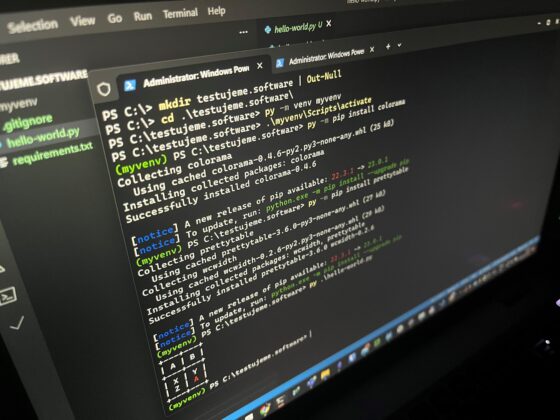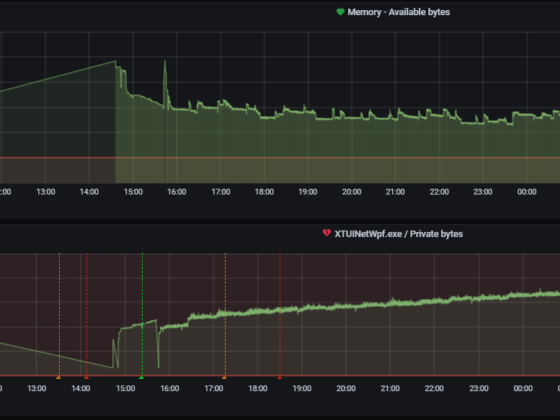Even testers have a story, although it’s probably not even remotely as exciting as the life of Agent 007. Testers are usually the unassuming superheroes behind the keyboard, sending ones and zeros into the virtual world, constantly searching for its limits. Could the life path of a tester be of interest for you? Honza’s journey started with an interest in web development. He tells us in this article how a web developer becomes a tester.
I “programmed” my first web pages in Notepad when I was in elementary school. Since the website’s only address was C:\my_web, none of you will probably remember it. Then I learned HTML, and by exploring the fanzine code on the Score magazine supplements, I added CSS and some JavaScript. So, with a bit of exaggeration, you could say I became a web designer and front-end developer.
Over time, the web studio became a marketing agency. I gained experience with programming, databases and other technologies used in web development. We helped clients with their marketing and, in addition to our own tools, we also began to connect different systems, automate campaigns or process data. Technical solutions were often up to me, so I took over the role of analyst and technical support as well. Since I like a challenges, we often ventured into uncharted waters. Sometimes, for example, we needed to connect an e-shop to a prehistoric system or hack SAP. And because we were a really small studio, the role of a marketer and content-creator was essential. Later I started exploring the possibilities of PHP and MySQL and created a website for my former band and the music studio where we recorded the album. This was my “ticket” to join the professionals, as it was through them that I started working with the web studio. I started out as a graphic designer and coder, but since a bigger project was being worked on, I helped with development. And I ended up staying with it. I have thus become a web developer.
But as time went on, I began to find that some roles didn’t quite suit me and that my knowledge was expanding vertically, rather than horizontally. I have always enjoyed analysing and solving problems and proposing solutions. On the ther hand, I didn’t enjoy programming the same forms over and over again or explaining that turning on and off really helps.
I never felt completely comfortable as a developer. As an analytical person I missed the “technical part” and again I have no feel for communicating with clients. So after looking at job postings, I figured a testing position might be right for me. I thought a tester just clicks buttons and doesn’t really have to know much = easy money. I’m glad my idea was totally wrong.
I was appointed to the first tester position thanks to the entry test, which was to test a part of the web application that calculated routes between individual points. I realized that to test it properly, tens of thousands of combinations would need to be tested. So I wrote an automated test that simply verified them all. And I had a winner.
Why do I enjoy testing? It has narrowed my scope of activities considerably and I can focus on what I really enjoy and what I do best. I interact mostly with developers, so I can throw out lines like “I discovered a bottleneck on the API” and everyone knows what I’m talking about. I look for problems and flaws and participate in designing solutions, but the actual solution is beyond me. For example, I have often proposed solutions depending on my ability to implement them. Thanks to a more specific specialization, I am also involved in much more interesting projects than e-shops or similarly “boring” web applications.
